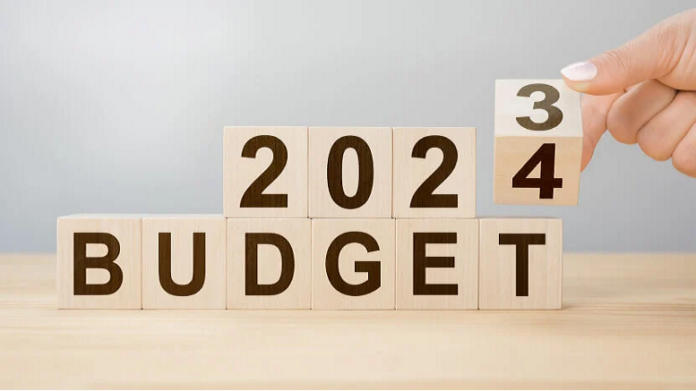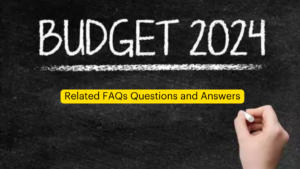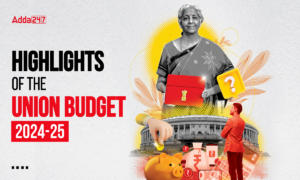The Union Budget 2024, to be presented on February 1st, is the final budget before the 2024 Lok Sabha elections. This complex document outlines the government’s financial plans for the upcoming year. But don’t worry, we’re here to help you navigate the jargon with this handy glossary!
Budget Basics
- Budget: An annual financial statement detailing the government’s projected revenues and expenditures for the fiscal year (April 1st – March 31st).
- Economic Survey: A document analyzing the state of the economy, paving the way for the budget.
- Vote on Account: Temporary funding granted by Parliament before the budget is finalized.
Key Economic Indicators
- Gross Domestic Product (GDP): The total value of all goods and services produced in the economy.
- Capital Expenditure (Capex): Government spending on infrastructure and assets to boost economic growth.
Budget Documents
- Budget Estimate: Estimated funds allocated to different ministries.
- Finance Bill: Proposes changes to the tax system and introduces new taxes.
Financial Concepts
- Fiscal Deficit: The gap between the government’s income and expenditure, typically covered by borrowing.
- Direct Taxes: Paid directly by individuals and corporations (e.g., income tax).
- Indirect Taxes: Paid by consumers on goods and services (e.g., GST).
Potential Budget Focus
- Home Loans and Affordable Housing: Deductions for home loans to promote affordable housing.
- TDS on Cryptocurrency: Potential reduction in Tax Deducted at Source (TDS) rate for cryptocurrency transactions.
Corporate Finance
- Corporate Tax: Taxes levied on company profits.
- Minimum Alternative Tax (MAT): A minimum tax payable by companies even if they incur losses.
- Disinvestment: Sale of shares in public sector undertakings by the government.
Important Questions Related to Exams
1. The Union Budget of India is presented on which date?
(a) January 1st
(b) February 1st
(c) March 31st
(d) April 1st
2. What is the primary purpose of the Economic Survey?
(a) To propose changes to the tax system
(b) To outline the government’s spending plans
(c) To analyze the state of the economy
(d) To present the government’s borrowing requirements
3. What is the term for the temporary funding granted by Parliament before the budget is finalized?
(a) Appropriation Act
(b) Fiscal Deficit
(c) Vote on Account
(d) Minimum Alternative Tax
4. Which of the following is NOT a direct tax in India?
(a) Income tax
(b) Goods and Services Tax (GST)
(c) Corporate tax
(d) Capital gains tax
5. What is the main objective of disinvestment by the government?
(a) To reduce the fiscal deficit
(b) To increase government spending
(c) To privatize public sector undertakings
(d) To generate employment opportunities
Please provide your answers in the comment section!!



 Union Budgets 2024-25 Related FAQs Quest...
Union Budgets 2024-25 Related FAQs Quest...
 Union Budget 2024-25: Complete Budget An...
Union Budget 2024-25: Complete Budget An...
 Key Highlights of the Union Budget 2024-...
Key Highlights of the Union Budget 2024-...
